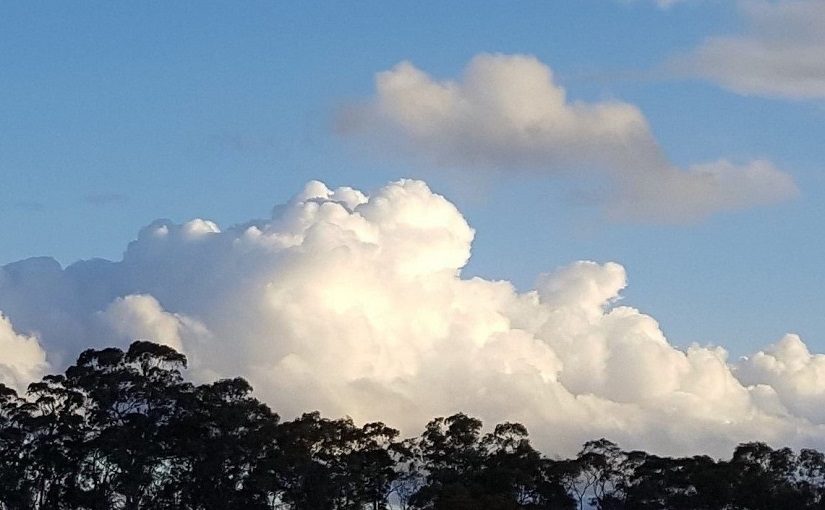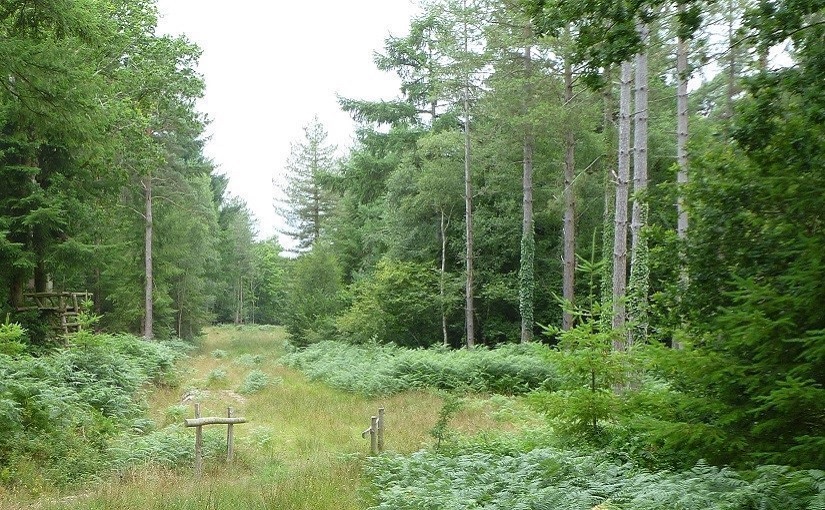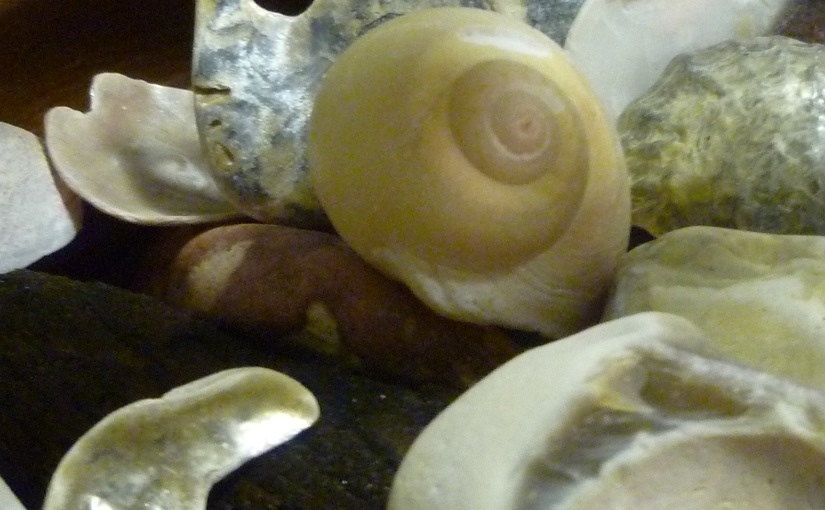What kinds of questions can we ask in life? As children, questions can be so deeply insightful or challenging as young minds attempt to make sense of all they’re soaking up and drinking in. As if the mind simply spreads into its environment, questioning everything it might find there to establish the words, the meaning and significance of it all.
Over time, that insistent curiosity often seems overtaken by “how things are” – the desire to make the best of things, fit in and not be left behind. Social or practical pressures and incentives perhaps breaking the spirit of questioning. As if we’d rather appear confident, impressive and sure of ourselves than expose any uncertainty by asking others or seeking more of an answer.
As if the demands of society – the relationships and expectations – overshadow the needs which fill it. Like the very human need to understand, to believe, to have faith in what we’re doing, why it matters and where it leads. If what distinguishes “us” is the capacity for thought, aren’t questions some of our most important tools? This sense in which we can examine the thinking behind our lives.
If we’re here to learn what it means to be human – then, for our lives to inscribe that meaning on the world around us through all our words, choices and commitments – don’t we need to understand? To see what everything means, what it is we’re really “saying” and where those inevitable consequences will be felt.
Otherwise, trusting others have that safely in hand, aren’t we acting blindly? Agents embracing courses of action without fully bearing the responsibility of foreseeing what it will mean for the world surrounding us and all those filling it. As if, despite lacking the insight of understanding, we might simply plough on regardless.
Where exactly are we placing our trust? That those around us – now or back when the patterns of thinking or organisational systems governing our lives were set in motion – saw that bigger picture and have everyone’s best interests at heart? That this vast human experiment of “how we’ll live on this planet” is somehow going to head in wise directions without our questioning involvement?
Who’s to say, really? Sometimes it seems unlikely we’ll ever get the truth. And that, standing back in the hope of understanding, the world would quickly push us to the wayside while others ran ahead. As if we’ve no choice but to jump in and make the most of “this”. That we “must” get on board and perhaps only raise our doubts from the inside as we’re hurtling toward a questionable destination.
Does it matter what our lives get swept into? All the assumptions and foredrawn conclusions hemming us in. The unnegotiable paths to walk, conversations to have and parameters to accept. Society may “always” be some form of brainwashing or coercion, but isn’t it important that we hold to the essence of being human and not let our lives become part of something we’d rather they weren’t?





